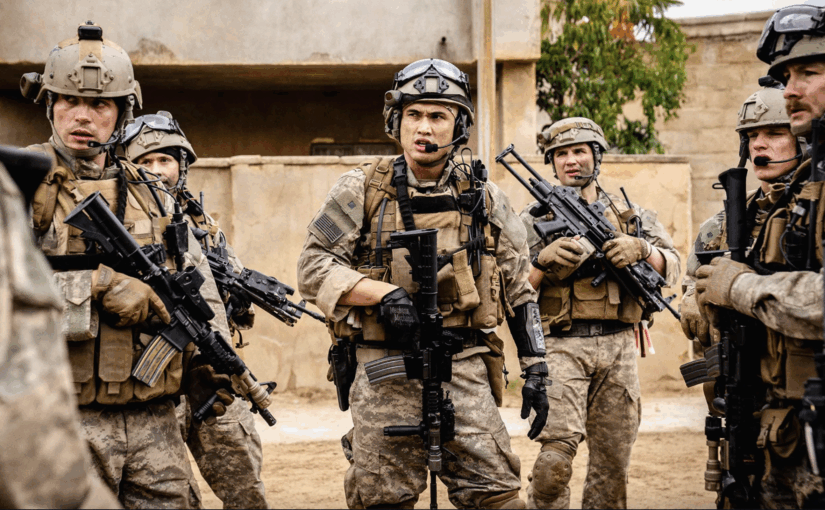Alex Garland and Ray Mendoza | 1hr 35min

For a filmmaker as cerebral as Alex Garland, Warfare is an unexpected swing away from the realm of speculative fiction, chronicling a mission undertaken by U.S. Navy SEALS in the thick of the Iraq War. For his co-director Ray Mendoza, it couldn’t be more personal. Not only did he serve as a combat communications specialist during the Second Battle of Ramadi, but his experiences form the autobiographical foundation of this narrative, following in the steps of Oliver Stone to bring a visceral, firsthand authenticity to cinematic depictions of war. He is our anchor within this ensemble too, offering the subjective perspective through which the procedural banality of war is filtered, and ultimately transformed into a harrowing, disorienting horror.
Mendoza has his own fair share of experience in the movie industry, acting as a military advisor for many Hollywood productions including Garland’s own Civil War, though it is evident where the co-directors’ respective skill sets lie here. Credit must be given to Garland for the neat handling of Warfare’s real-time structure, focusing on day-to-day operations within the armed forces as Mendoza’s platoon takes control of a house, executes a sniper overwatch mission, and drastically pivots when they come under attack. Having honed his skills directing some of the best high-concept films of the past decade, he brings patience and precision to the storytelling, while Mendoza draws on his own direct experience to shape its emotional core with remarkable detail.
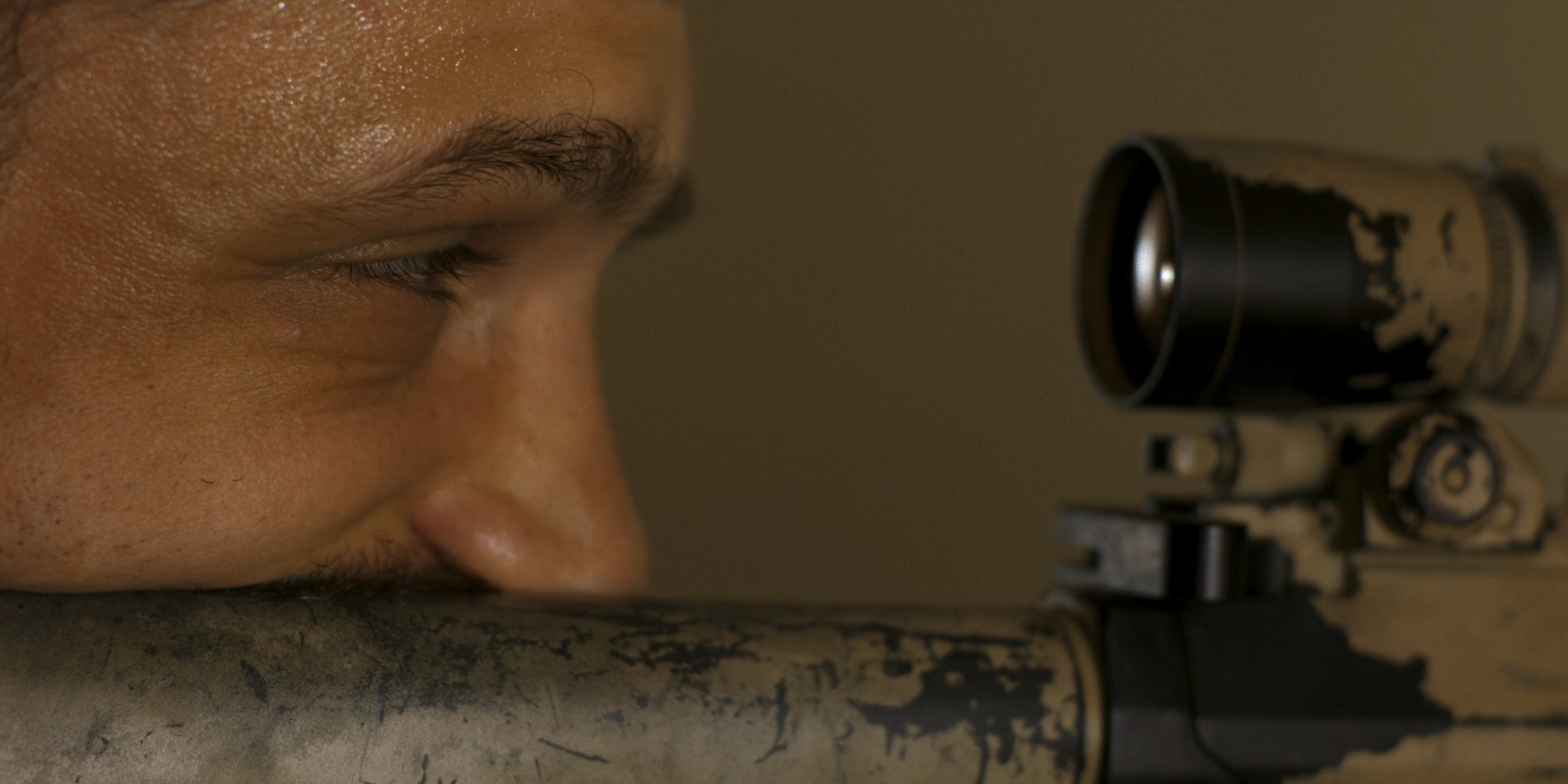
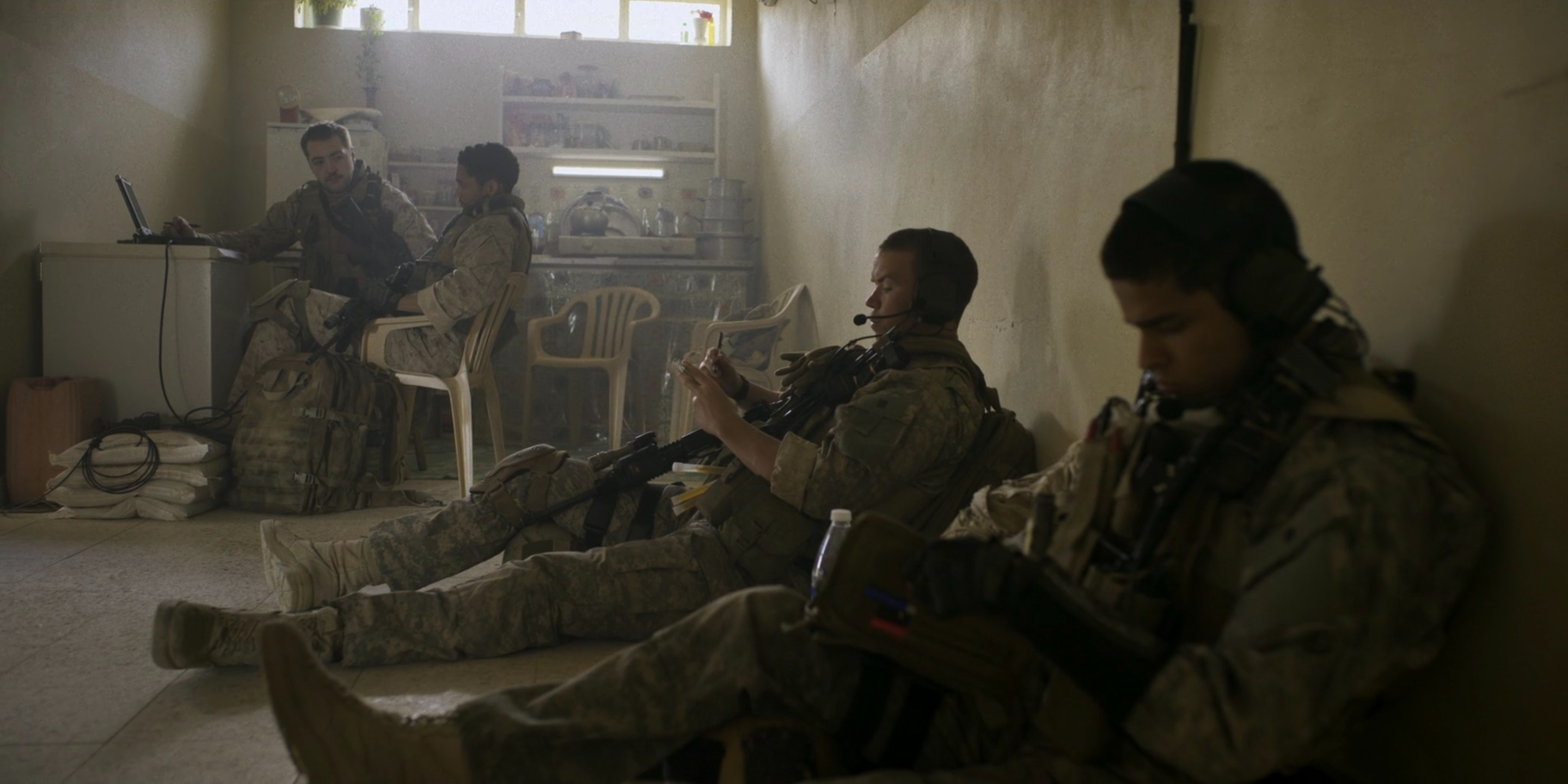
With that said, it is no coincidence that this significant step outside Garland’s usual mode of filmmaking also results in one of his weaker efforts. This is a director whose contemplations of consciousness, identity, and fate have often been grounded in otherworldly settings and soundscapes, encouraging a psychological disconnection from the physical world, though here he trades off introspection for the brutal immediacy of combat. The result is immersive, mounting tension as Mendoza’s platoon observes suspicious activities around the market down the street, yet Dunkirk this is not. Perhaps out of respect for his co-director’s vision, Garland’s direction never quite mounts to anything more than the primal, sensory experience of each passing moment, leaving it slightly lacking in formal ambition.
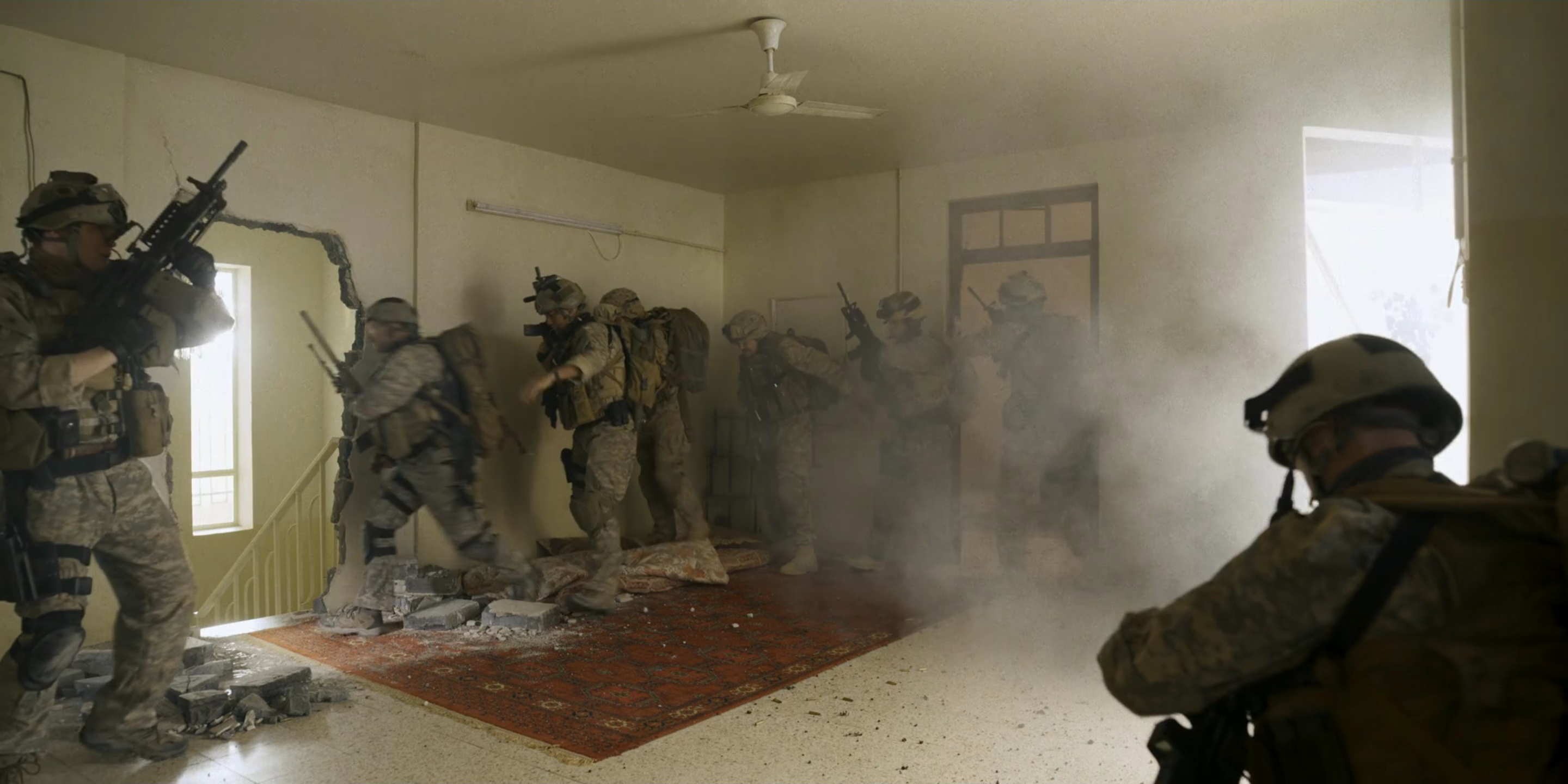
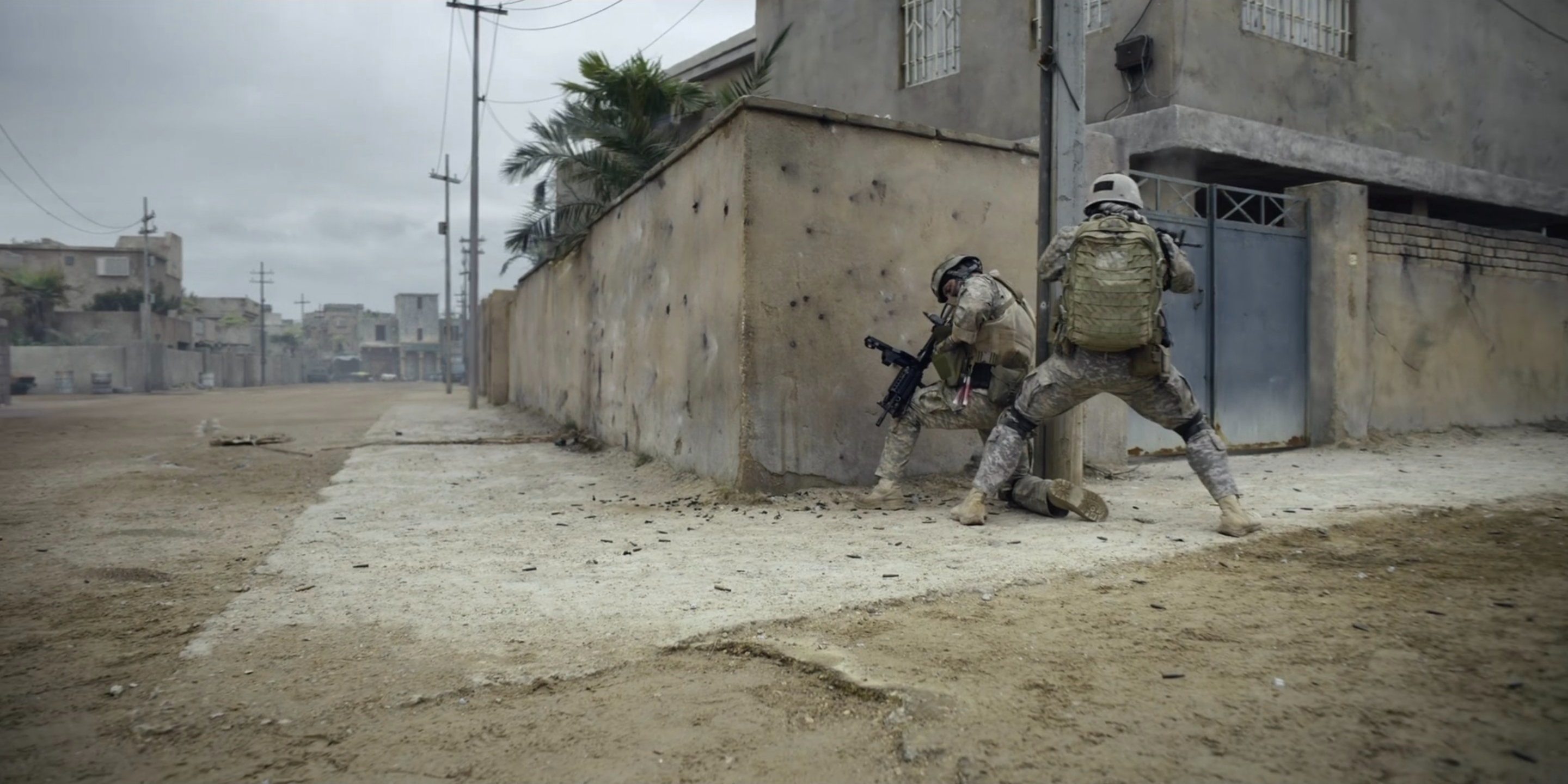
Still, Warfare’s tactile realism gives plenty of opportunities to admire the collaboration between these two directors, particularly when the enemy lands their first attack on the platoon’s hideout with a hand grenade and a hail of bullets. The injury suffered by their medic Elliott is reason enough to call him an emergency evacuation, though when the team taking him out are blindsided by a makeshift bomb, the mission spirals into chaos. Yellow smog fills the air, smothering wounded and fallen soldiers alike in a sickly hue, and Garland periodically drops out sound altogether as the survivors struggle to regain their senses.
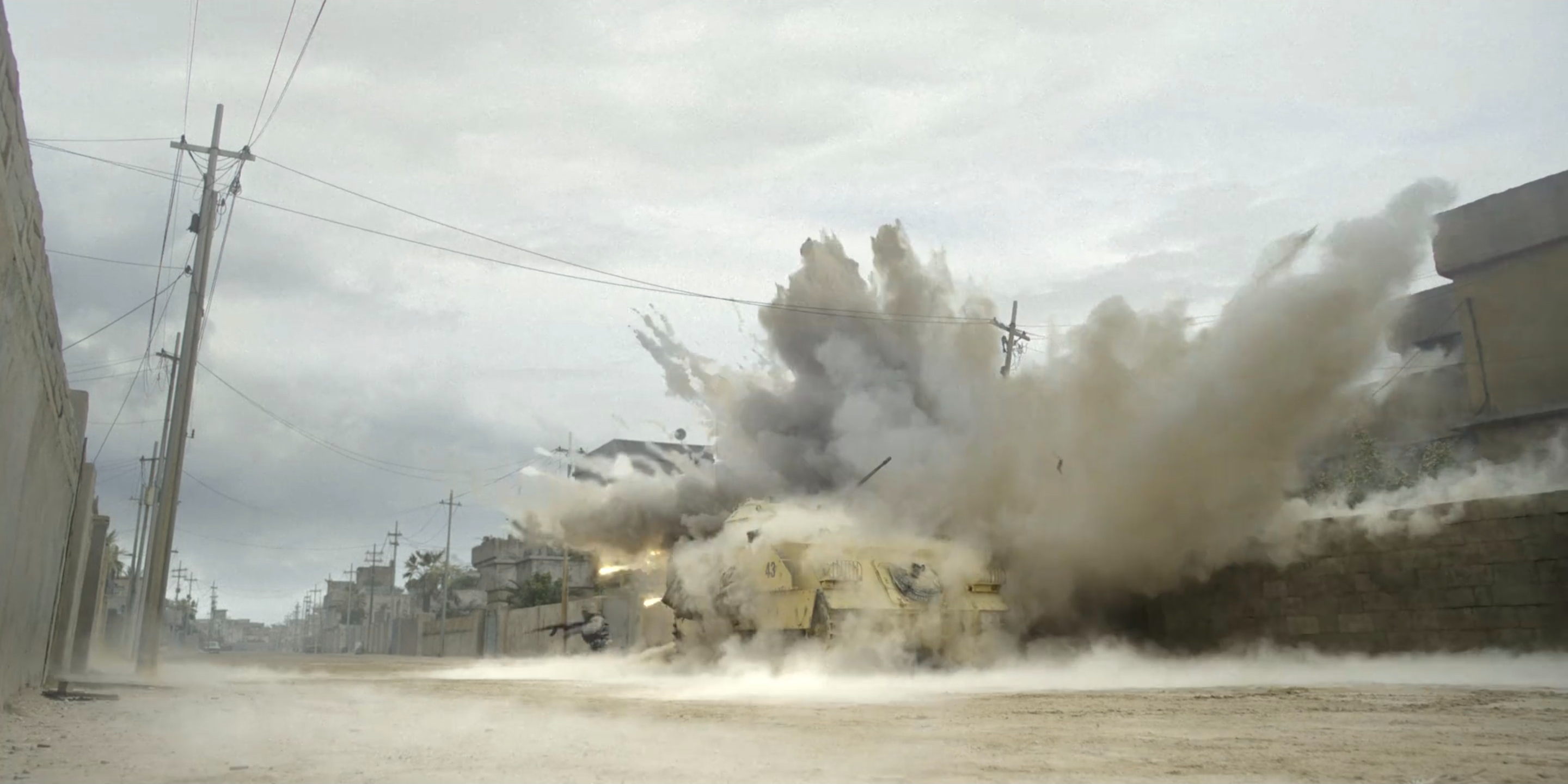
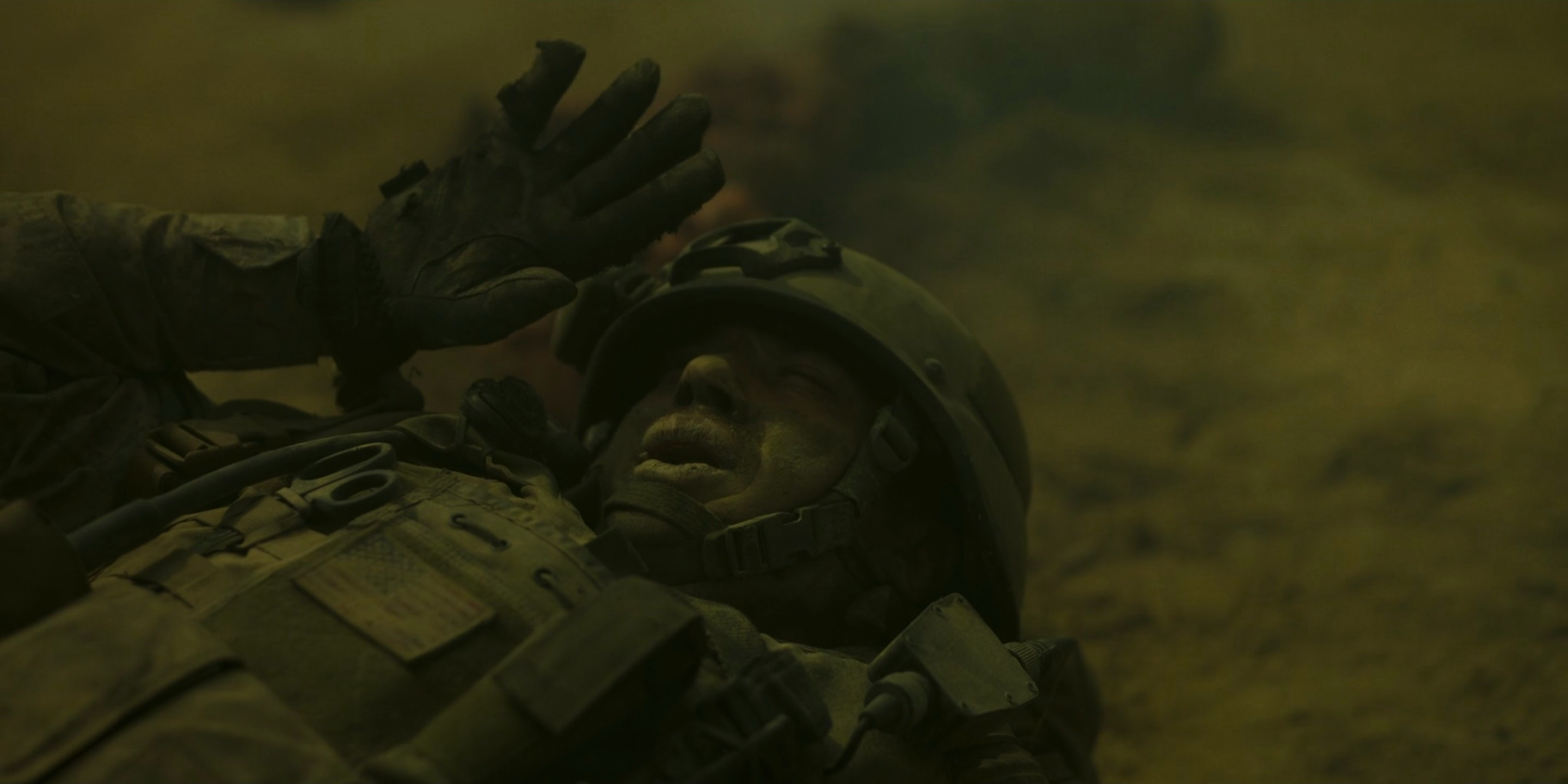
That this building hosts a pair of innocent Iraqi families who have been forced to wait inside a bedroom only adds to the moral complexity at play. They are largely sidelined in the narrative, yet their terror exposes the collateral impact of such an invasive mission, treated as secondary to the platoon’s strategic objectives. This tension between duty and consequence is further amplified too when Lieutenant Jake’s request for a second evacuation is denied due to concerns over another explosive device, effectively leaving them stranded. In response, he orders his subordinate to impersonate a commanding officer, giving unauthorised approval and breaking a whole host of protocols along the way.
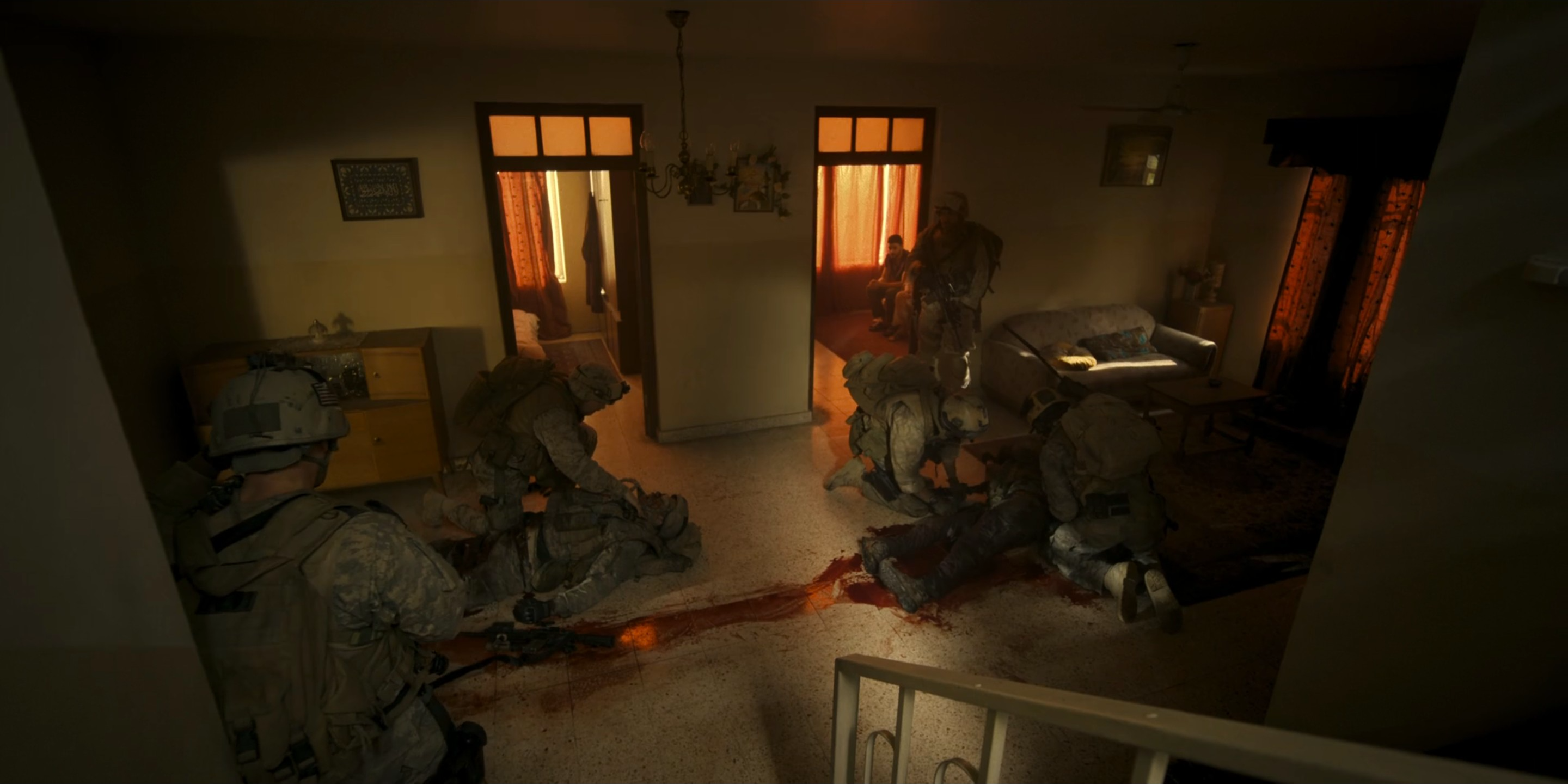
Garland and Mendoza do not bother with any sort of epilogue to close out their tale of full-throttled panic and strained procedure. As the platoon’s evacuation tank noisily rolls out of town, it leaves an eerie silence in its wake, broken only by the quiet sounds of Iraqi civilians nervously exiting their homes. If there’s any catharsis to be found in Warfare, it is suspended in this uneasy ambiguity, emptied of soldiers yet filled with uncertainty for those left behind. There is little time for reflection amid the violent chaos, but as the dust settles and life feebly resumes, Garland and Mendoza leave us with a sobering image of the enduring psychological residue that lingers long after the fighting has ended.
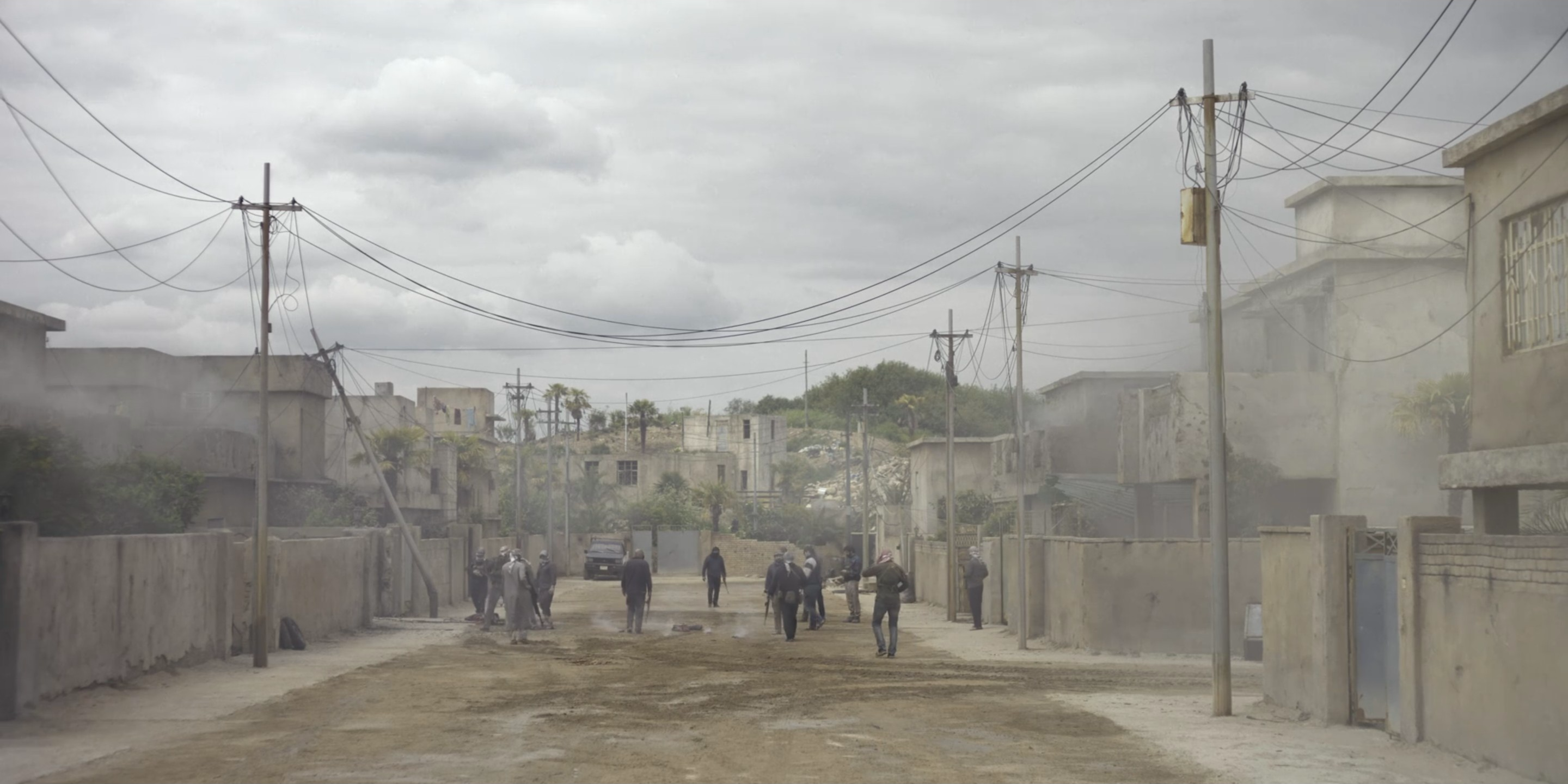
Warfare is currently streaming on Prime Video.

